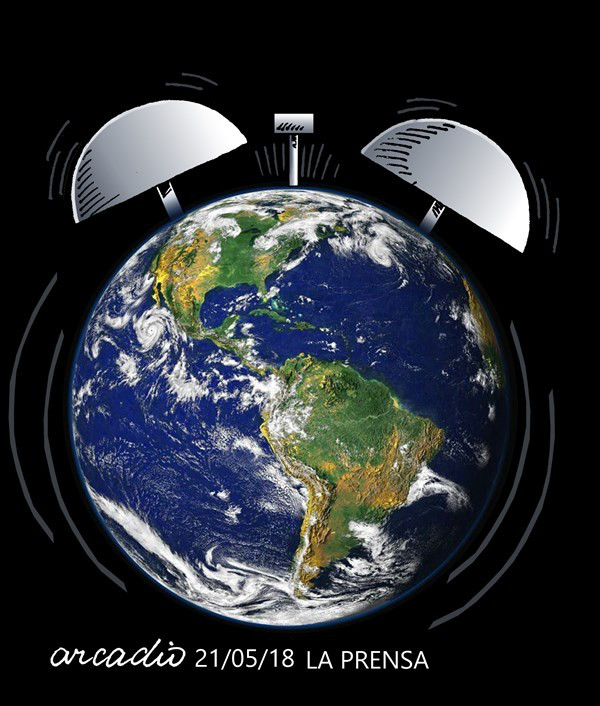Protecting Our Central Coast Water Resources
Infrastructure Built with Climate Change in Mind Is Critical
Our community was hit hard these past few months by wildfires and debris flows; we lost friends and neighbors to these natural disasters that continue to threaten our region. In the decades ahead, the Central Coast’s water and wastewater systems are expected to face a series of challenges brought on by severe drought, more frequent heavy precipitation, earthquakes, and coastal erosion.
Encouraging proactive infrastructure projects that are built with the threats of climate change in mind is one critical step forward to mitigate its impact.
As a former Santa Barbara County supervisor, I worked with our county’s Water Agency to implement a water efficiency program, as well as to effectively maintain our groundwater resources. At the county, we understood that funding water storage infrastructure projects at Lake Cachuma and elsewhere were smart investments.

For every $1 billion spent on clean water infrastructure in the United States, it is estimated that 28,500 new jobs are created and $3.4 billion is added to our GDP. As we plan to rebuild and restore dilapidated infrastructure, we must also implement innovative strategies that increase the efficiency of water use and advanced treatment technologies, like water reuse and recycling.
That is why in Congress, I recently introduced the bipartisan Water Infrastructure Resiliency and Sustainability (WIRSA) Act with my Republican colleague, Congressmember Tom Reed. This bill establishes a new, competitive funding program at the Environmental Protection Agency for the development of innovative water-related infrastructure projects to help our communities in the Central Coast.
This grant opportunity provides critical support to local agencies that are taking a proactive approach and developing projects to strengthen their water infrastructure’s sustainability and reuse facilities. In the face of costly challenges associated with drought, the new EPA grant program will spur new water, wastewater, and storm water projects built with the goal of improving the infrastructure’s adaptability to extreme weather events.
The Central Coast knows intimately the toll that extreme weather events take on our communities. Threats to our region associated with climate change are on track to unfortunately become more common and severe.
While the Thomas Fire was still burning through Santa Barbara County, a fierce January storm and deadly debris flow devastated the community of Montecito, rupturing a main water line. Well over half of Montecito’s stored water was lost, and for weeks the community relied on the small amount of groundwater available. When natural disasters strike, it is important that our infrastructure is ready. The WIRSA Act is another step toward that goal of creating resilient water infrastructure for our communities.
The Central Coast will continue to face challenges as drought conditions, rising sea levels, more extreme weather events, and water shortages become increasingly severe. As such, we cannot afford to ignore the role climate change plays in worsening natural disasters.
Last year was California and the Central Coast’s most devastating, and most expensive, fire season on record. The Forest Service spent more than $2.7 billion fighting fires last year. Due to increasing costs of fighting fires, the Forest Service has historically been forced to divert resources from wildfire mitigation funding to fight fires. This budgeting practice, called “fire-borrowing,” has strained our firefighting agencies and forced them to sacrifice funding for preventative land management practices to fight wildfires.
Fortunately, there is growing consensus in Washington that we must take a proactive approach to disaster preparation and recovery.
I was grateful to see that my request for a wildfire funding fix was included in this year’s bipartisan federal spending package. However, our federal firefighting agencies remain dramatically underfunded. Congress must do more to adequately fund our brave first responders who fight on the frontlines to protect our homes and businesses from the near constant threat of wildfires here on the Central Coast.
Now, more than ever, Congress must prioritize proactive and cost-saving investments in our firefighting agencies and water infrastructure, to ensure that our communities are better prepared for the next storm, fire, flood, or earthquake.
Salud Carbajal represents California’s 24th Congressional District and is running for reelection.



